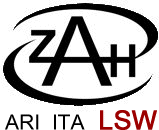Homepage of Apl. Prof Dr. Andreas Koch-Hansen
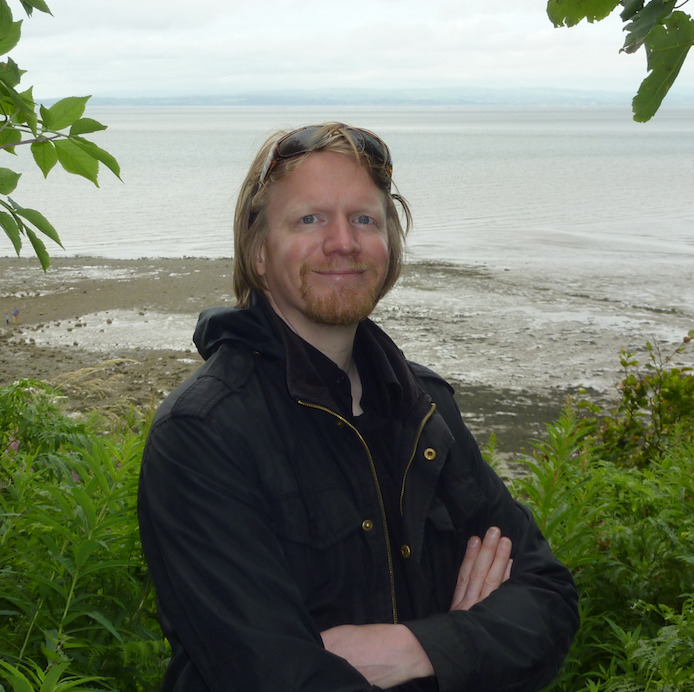 |
|||||||||||
|
Research
I am an adjunct professor and my research focuses on the study of the Milky Way Galaxy using a variety of tracers and methods. As such, I study all questions related to ``Galactic Astronomy'', mainly through the tool of ``chemical tagging''. Overall, my interests include
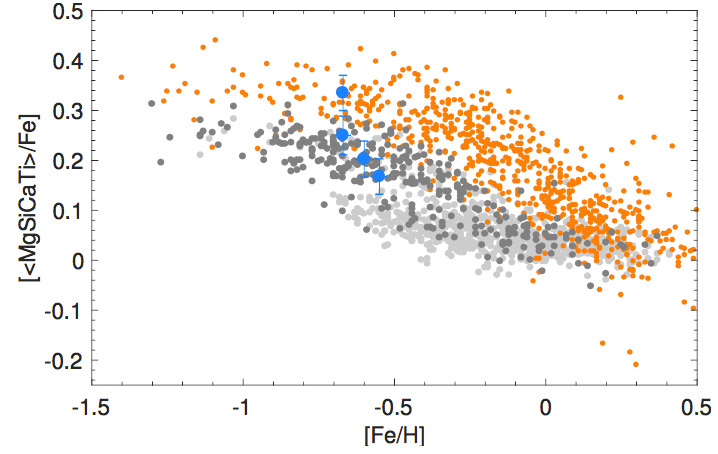 |
Chemical abundance measurements in and orbital histories of globular clusters, dwarf galaxies, and field stars in the various Galactic components (disks/bulge/halo). |
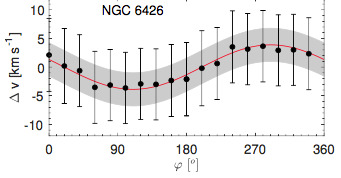 |
Dynamical studies of star clusters, dark matter in dwarf galaxies. |
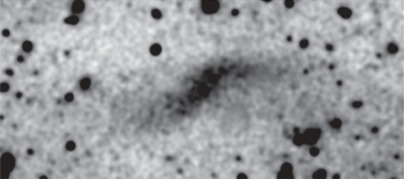 |
Morphology of galaxies in the Local Universe. |
The ``Galactic halos and bulges'' group
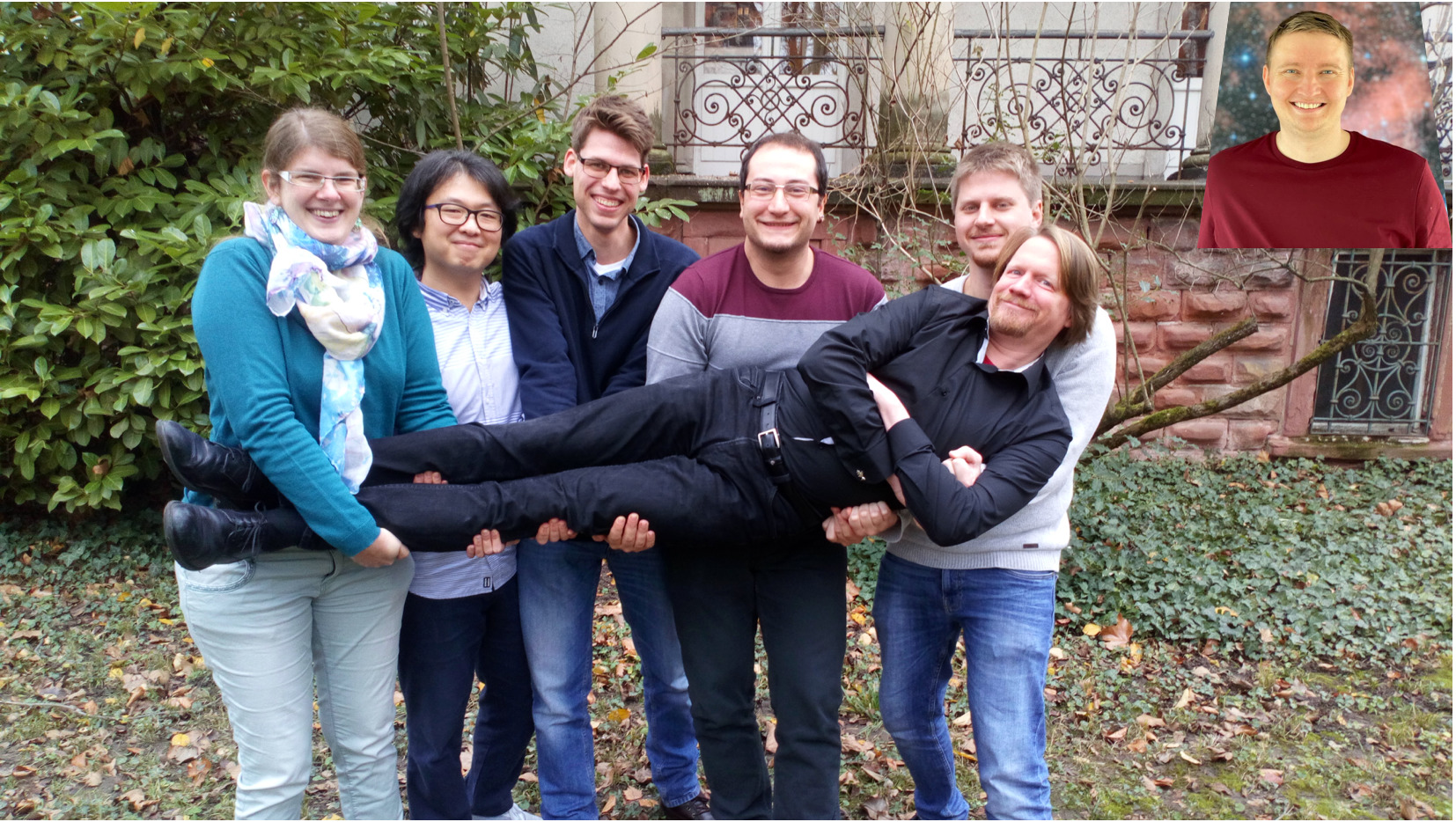 |
Group members (left to right, not up to date):
|
Former members:
Sebastian Trujillo-Gomez (Postdoc 2022); Dongwook Lim (Postdoc 2020-2022); Alessandro Savino (Postdoc 2019-2020); Matthias Frank (Postdoc 2012-2017); Nikolay Kacharov (PhD 2015); Benjamin Hendricks (PhD 2015); Philipp Siebold (MSc 2020); Michael Seifert (MSc 2016); Leana Kaus (BSc, 2021); Michael Huber (BSc, 2022); Emma Louise Espersen Knudsen (BSc 2018, Aalborg University); Ivalu Barlach Christensen (BSc 2018, Aalborg University); Michael Czuray (Staatsexamen 2015); Karolin Voss (Visiting student 2018)
Student projects
All the above research projects offer a broad range and great pool for Bachelor, Master, or PhD theses. Possible projects involve
- A Chemical characterization of very wide binaries (at separations of up to 1 pc).
- Chemodynamic characterisation of low-latitude star clusters.
- Properties of dwarf galaxies in the vicinity of galaxies in the Local Volume, and the relation to the host galaxies' halos.
Instruments
As my research is primarily observationally based, data for the projects I and my collaborators are involved in come from a variety of sources.
Some relevant examples (not to mention the obvious multi-object instruments such as ESO's FLAMES are listed here.
- Over the years, I have been majorly involved in planning for the 4-metre Multi-Object Spectroscopic Telescope (4MOST) survey, and my group has largely contributed to setting the instrument's specification, with first publications being Caffau et al. (2013) and Hansen et al. (2015).
- We are currently carrying out a spectroscopic survey with AAOMega to target unknown star clusters at low Galactic latitudes (see also these recent examples on FSR 1716, Gaia 1, and ESO452-Sc11.
- Using a dedicated 70-cm telescope in Lockwood Valley, CA (USA), we are conducting the ``Halos and EnviRonments Of Near-by galaxies (HERON)'' survey that aims at measuring the properties of galaxies in the Local Volume to unprecedented, low surface brightnesses.
- My group has developed a narrow-band system for the LBT/LBC to target C- and M-stars as tracers of recent star formation event in galaxies such as Andromeda (M31).

